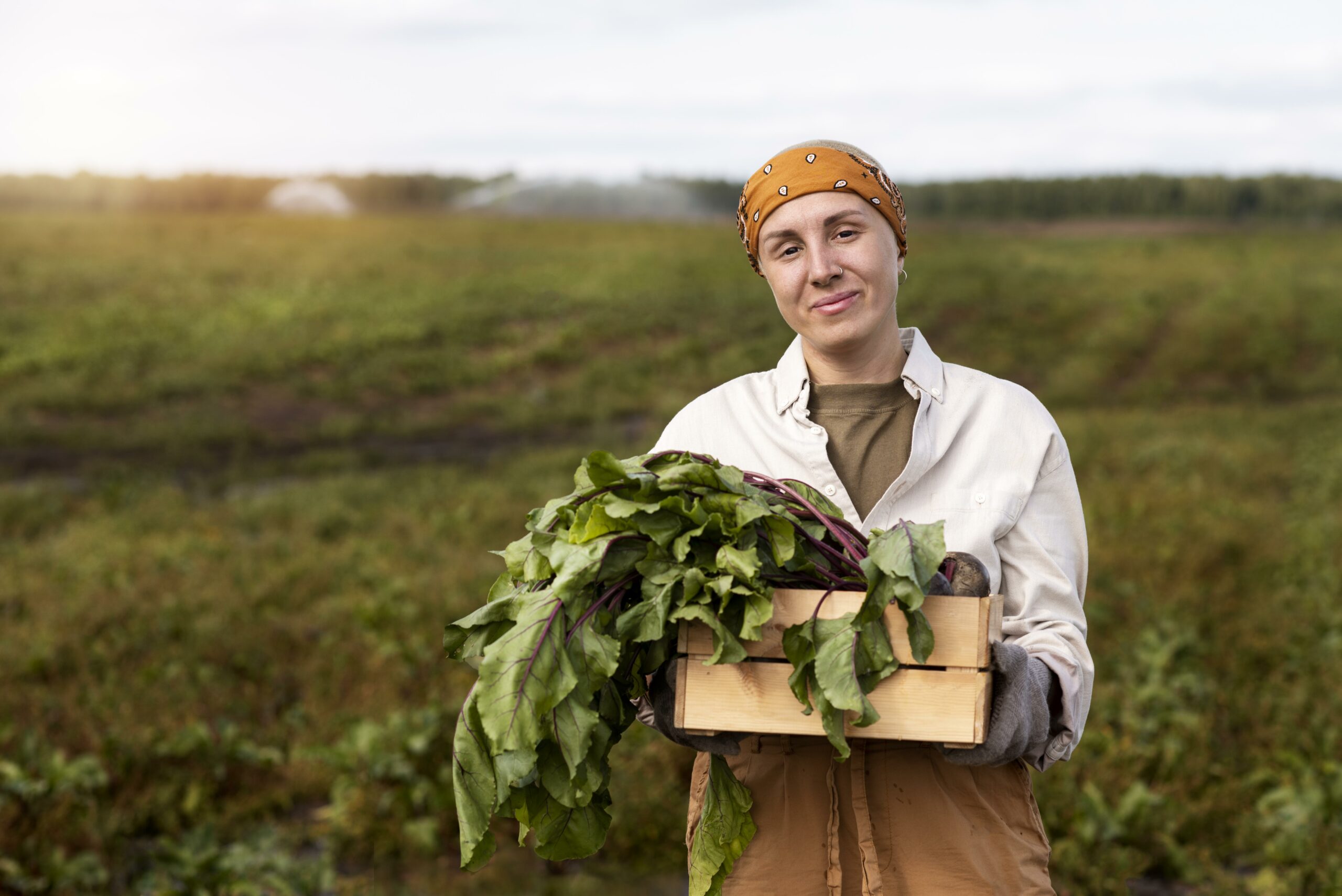This article was first published by Convergences here. It is co-written with Marie-Aimée Boury, Head of Impact-Based Finance at Société Générale Group.
Smallholders are an impact opportunity for the entire value chain
With almost 2 billion individuals relying on agriculture for their livelihoods, including 70% of the population in Africa and 60% in South Asia, smallholders are one of the most exposed and crucial groups at the bottom of the pyramid, for whom access to basic resources such as vocational training or financial inclusion is a key issue.
Access to financial services is an essential tool for providing farmers with the funds they need, initially to meet short-term challenges, but also to invest, change practices, increase their income and tackle climate change consequences.
Smallholders thus represent a twofold opportunity for any financial institution: firstly from a market perspective, by increasing its customer base, and secondly from an impact perspective, by improving financial inclusion. And this at a time when only 3% of total demand for financing from smallholders is currently financed worldwide.
The need to develop inclusive financial mechanisms for smallholders
Inclusive finance is therefore essential to help secure financial resources and develop small farms. Investment needs are varied: training, certification, storage capacity to prevent production losses, processing equipment, securing land ownership, etc. In order to provide access to financial services for vulnerable populations, a number of barriers need to be overcome on the ground: high cost of marketing and administration, lack of access to the capital of Microfinance Institutions (MFIs), lack of guarantees (absence of title deeds or information) or visibility of borrowers’ activity, non-existent or unreliable data, risk of default, etc.
There are various financial mechanisms available, but they are rarely used. The most commonly used are microfinance and short-term credit mechanisms, generally granted at significant interest rates. On the other hand, access to medium and long-term investment loans is generally out of reach for smallholders. Finally, there are some emerging opportunities worth mentioning, such as the financial valuation of the positive externalities generated by farming activities.
If properly calibrated and supported, access to financial services for small-scale farmers can structurally increase income over the long term and mitigate day-to-day and long-term risks.
Implementing financial inclusion
Although a large number of financial institutions offer little to no financial services to smallholders who remain largely outside the banking system, financing solutions are being developed. However, in order to meet all the financing needs of small-scale farmers, commercial banks need to be more closely involved to complement MFIs.
To achieve this, there are a number of key elements that we believe are necessary for the implementation of such schemes:
• identify the contractual frameworks on which to base the portfolios;
• seek out expertise and co-construct inclusive innovations (particularly digital) to deploy and monitor transformation programmes;
• use catalytic finance to reduce the risks and therefore the cost of the financing granted in certain cases;
• organise multi-stakeholder coalitions around agricultural value chain transformation projects: financial players, experts, industrialists, development institutions, civil society, public authorities and others must work together over the long term to remove obstacles.
Société Générale and Ksapa have entered into a partnership with the aim of designing and deploying affordable financial schemes for farming communities aimed at creating value in rural areas, strengthening agricultural value chains, and achieving social and environmental impact in multi-stakeholder coalitions integrating industrial companies and civil society. Targeting Côte d’Ivoire first and foremost, the aim of this partnership is to develop solutions combining technical assistance, low-tech digitisation and impact finance to support local and international players in their pursuit of a positive social and environmental impact on their value chain, and in the creation of local value.
Ksapa will support cooperatives in setting up medium to long-term financing by diagnosing the needs of farmers and cooperatives, defining priorities in a transformational investment plan, and releasing medium-term loans to finance these needs (equipment, training, digitisation, etc.). This will be complemented by support and monitoring of the long-term impact and value creation for the country and local communities.
To this end, Société Générale and Ksapa are considering investment credit schemes involving the entire value chain in multi-year programmes. Through this first initiative, Société Générale and Ksapa aim to establish an efficient financial and operational model that can be replicated across other agricultural value chains and geographies in West Africa.
Picture designed with Freepik
20+ years of experience in investment & asset management.
Raphael Hara works on relationships between finance and sustainability, in particular through the development and management of impact investment funds and projects.














